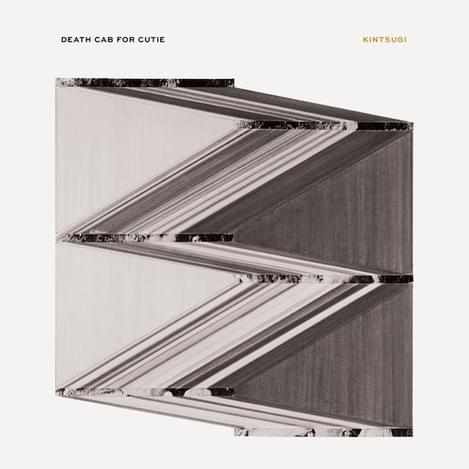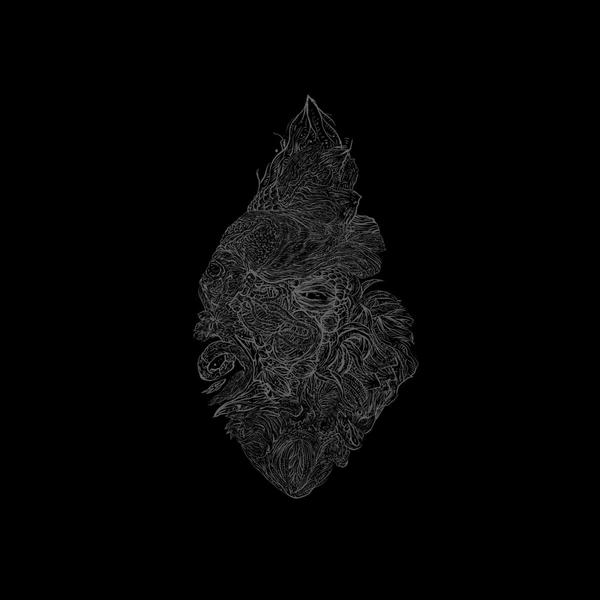Death Cab for Cutie - Kintsugi
"Kintsugi"

The album was also comfortably the most experimental Death Cab release to date, with guitars largely eschewed in favour of synths and, in places, Eno-inspired ambience. The combination of this adventurous new approach and Gibbard’s universal and increasingly forthright lyricism were enough - by the band’s own recent admission - to put off swathes of their fanbase. A lot of people who like Death Cab didn’t want the positivity or contentedness of California Gibbard; they wanted the guy from the Pacific Northwest who wrote the viscerally angst-ridden likes of “Tiny Vessels” and “Company Calls Epilogue”, soaked by equal parts rain and whiskey.
For those people, the preamble to this record was promising; Gibbard divorced Zooey Deschanel, the subject of a number of upbeat Codes numbers, whilst last summer, founding member and longtime producer Chris Walla announced his deaprture from the band. Kintsugi, though, is named after the Japanese art form of repairing broken ceramics with gold resin, thus making the cracks an attractive part of the design rather than something to be concealed. Gibbard does not hide from the thorny issue of his failed marriage; sparse, delicate opener “No Room in Frame” addresses it head on and suggests he’s made his peace with it, whilst the brooding “Black Sun” and the taut, catchy “The Ghosts of Beverly Drive” paint an unflattering picture of his time in LA, hinting that he’s happier now that he’s back in Seattle.
Walla’s decision to cut his ties with the band, primarily because of a desire to stop touring and focus full-time on his work as a producer, led to suggestions that the creative balance within the band might swing unhealthily towards Gibbard; the songs were typically his, with the sonic identity of the album usually a result of Walla’s work behind the desk. On Kintsugi, though, Rich Costey produces - the first time the group have ever had an outsider take on that role. Kintsugi feels less tightly woven than previous albums, which is presumably Costey’s influence; on the likes of Transatlanticism, which features a slew of continuous transitions between tracks and can effectively be played on an unbroken loop, Walla seemed taken with maintaining a certain mood and feeling throughout.
On Kintsugi, though, there’s serious stylistic variation; “You’ve Haunted Me All My Life” is a dark, minimalist number and the gorgeous “Hold No Guns” is just Gibbard and an acoustic guitar; they’re immediately followed, though, by “Everything’s a Ceiling” - replete with eighties synths - and “Good Help”, which is as close as the band have yet come to out-and-out dance-pop. Walla pulled his bandmates aside early on in the process to let them know he’d be bowing out, and the consistently diffuse Kintsugi feels as if the emphasis is on songcraft, with the band striving to see Walla off simply with the strongest possible collection of tracks. By going down that road, and breaking from their tradition of focusing on the record first and the songs second, they might have turned a corner.
Death Cab will miss Walla, and not just for his production ability; some of his best guitar work is on this album, especially on “Beverly Drive” and the Cure-drenched “El Dorado”. Clunky piano closer “Binary Sea” will lend ammunition to those concerned that Gibbard will now have too much influence on future albums, but there’s plenty of evidence elsewhere on the record that he remains one of the strongest songwriters of his generation. What’s next for the band is difficult to forecast, but Kintsugi, ambitious and assured throughout, bookends the Walla era with real elegance; the band he and Gibbard started with a four-track as late-Nineties college students now stand as one of indie rock’s genuine titans.
Get the Best Fit take on the week in music direct to your inbox every Friday

Lady Gaga
Mayhem

Rebecca Black
SALVATION

Sasami
Blood On the Silver Screen





